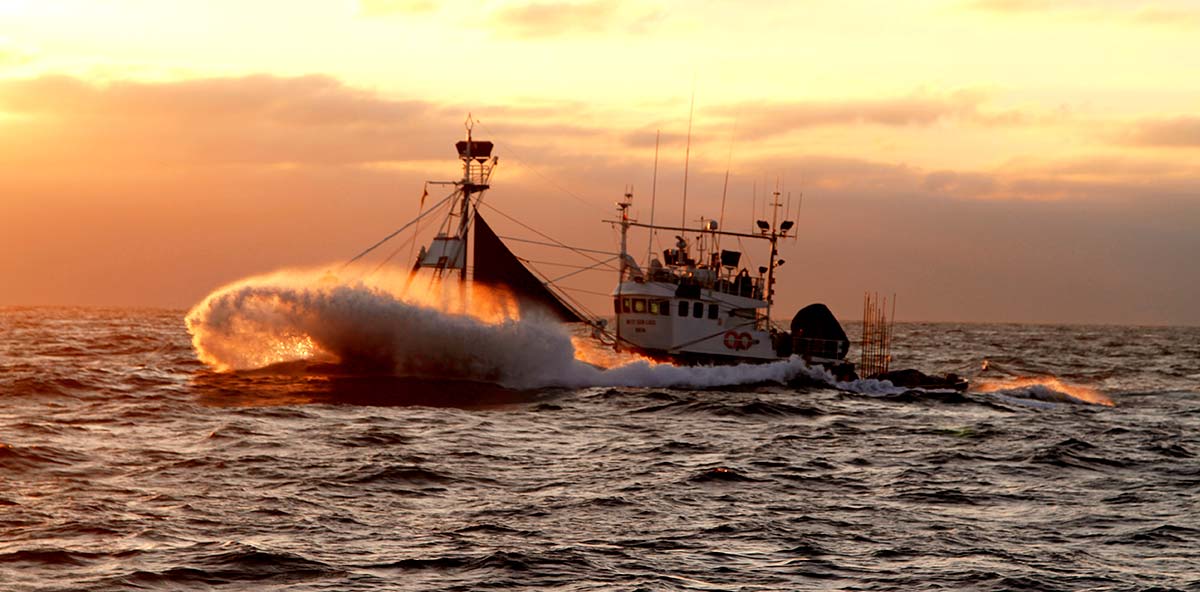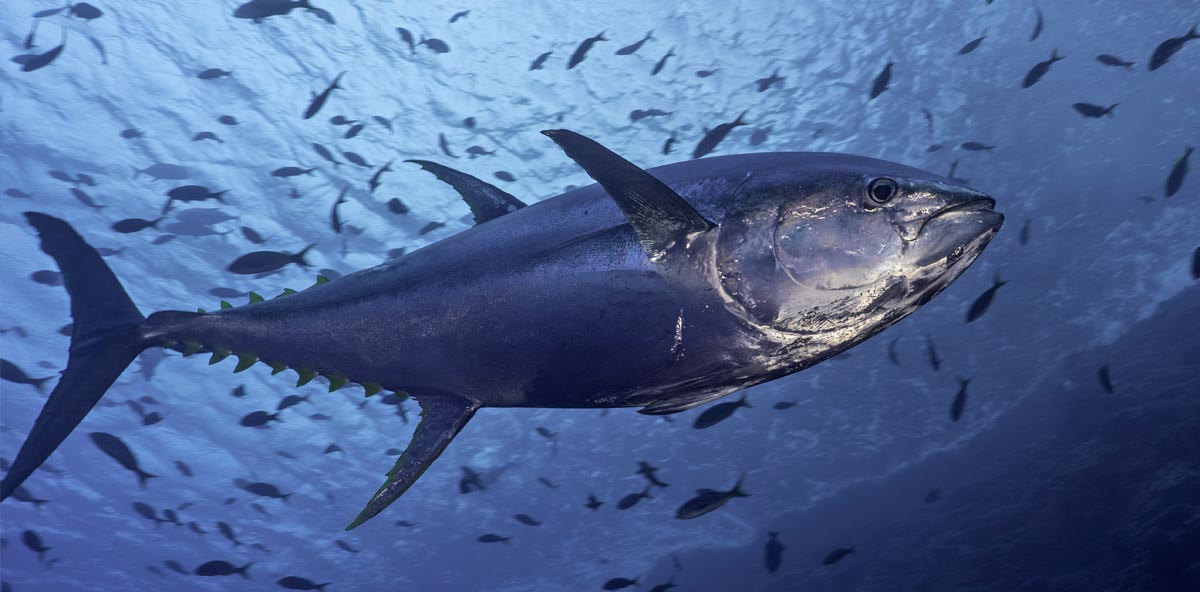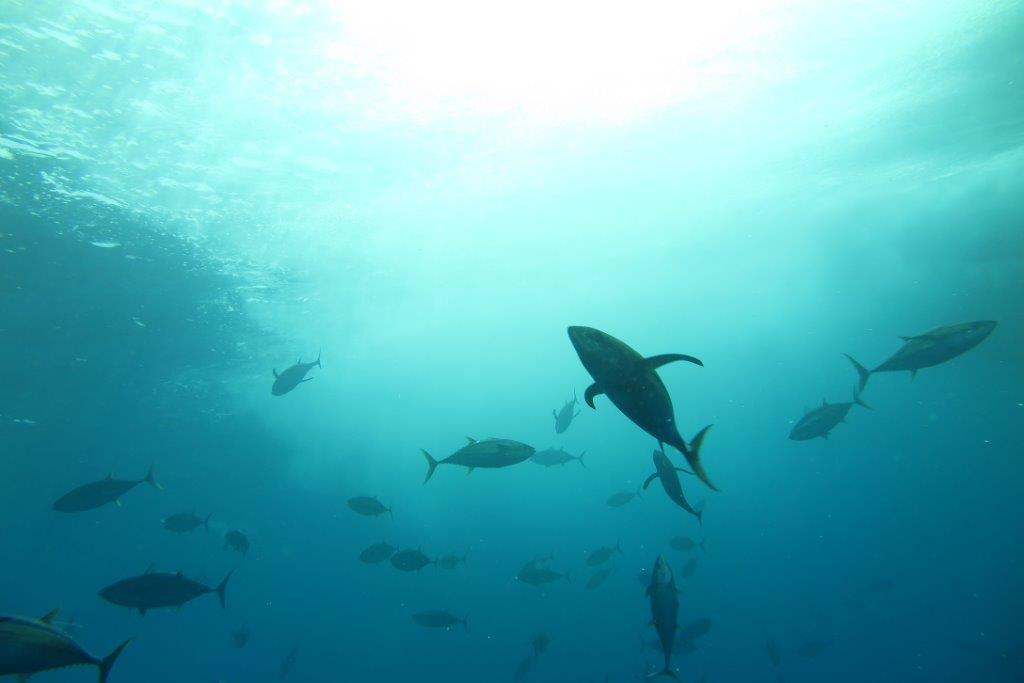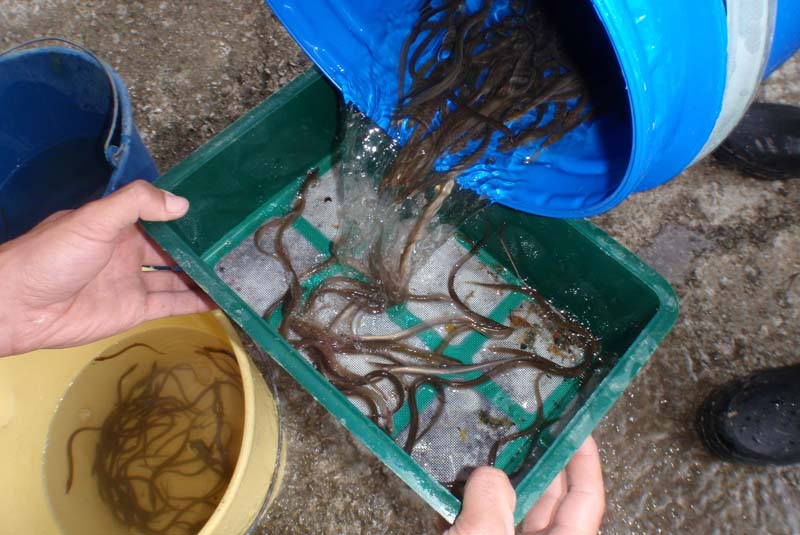SILKY
Post-release survival study of silky sharks (Carchahinus falciformis) and interaction with the tropical tuna purse seine fishery in the Indian Ocean.
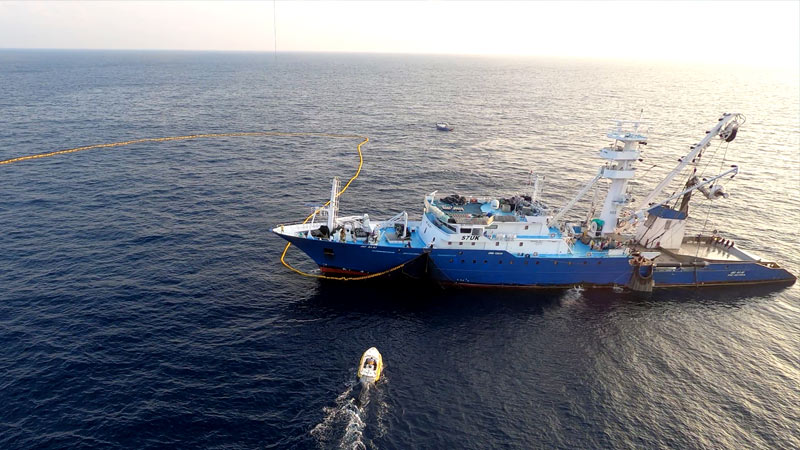
This project, which will be carried out at the initiative of the tuna company ECHEBASTAR in the Indian Ocean, will contribute to assessing the effectiveness of mitigation measures already implemented for sharks and to improving the sustainability of the tropical tuna fishery as the fleet progresses towards the highest sustainability standards.
Specific Objectives
The specific objectives of this study are:
- Estimate the post-release survival rate of C. falciformis through the application of best practices (BBPP) in purse seiners using sPAT and MiniPAT satellite tags.
- Identify the correlation between the number of C. falciformis and the catch volume per set (total tonnes caught in a set and the biomass under the FAD where the set is to be made).
- Identify the correlation between the number of C. falciformis caught per set and the geographical location of the set.
Metodology
Sampling shall be carried out during fishing trips conducted by ECHEBASTAR in the Indian Ocean and with 100% physical observer coverage. The sPAT satellite tags will be deployed on C. falciformis following the practices defined in the Good Practice programme. Through the tags, information on depth, temperature, mortality and position of the animal will be obtained. Specifically, AZTI tagging experts will place the satellite tags during a fishing trip to quantify the survival of silky sharks (following the release methods) during two different modes: i) when releasing the shark before going down to the fishing park and ii) when releasing the shark through the upper band once it arrives at the fishing park.
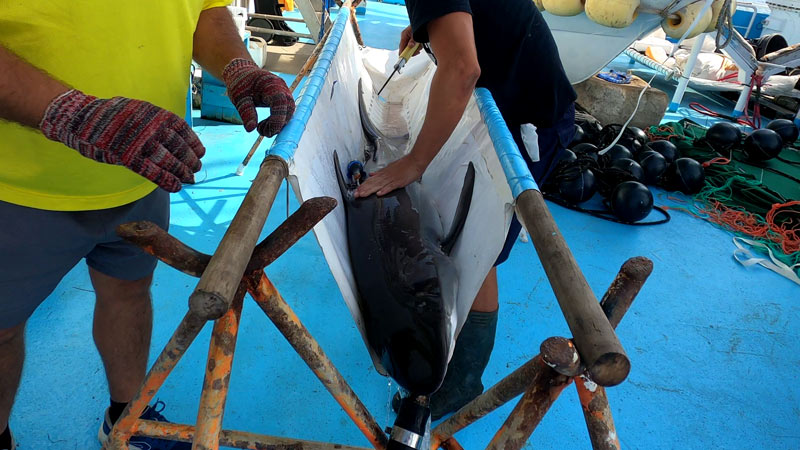

| Funding |
Echebastar |
| Lenght |
202-2021 |
| More info |

